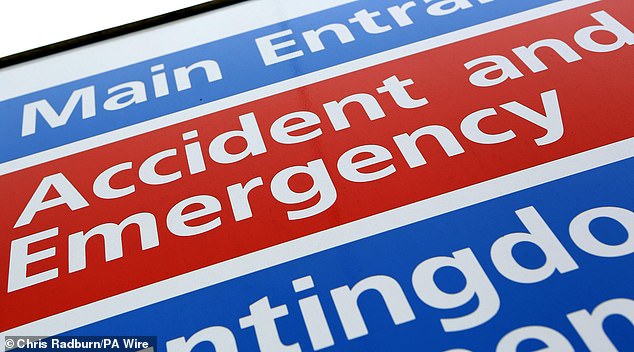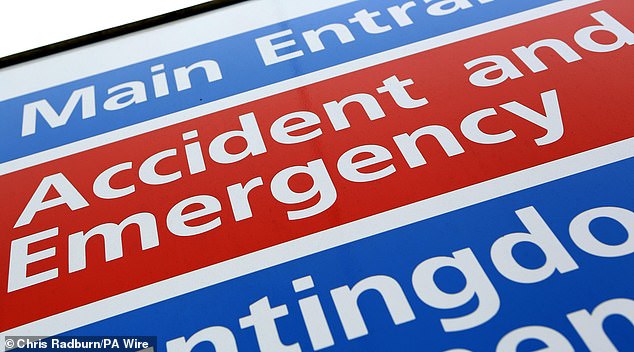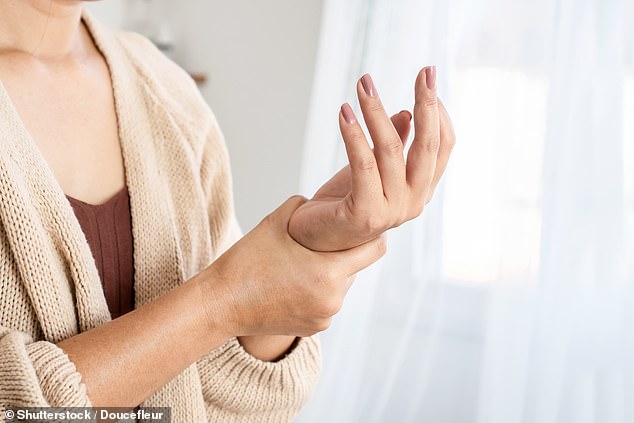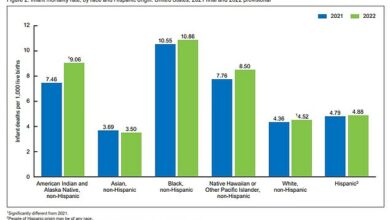Younger people visit the ER for non-urgent medical problems much more often than older generations



New data shows that young people are much more likely than older people to visit the emergency room for non-urgent medical problems, such as headaches, cuts and even acne.
Nearly a quarter of 25- to 34-year-olds admitted to trying to get a doctor’s appointment for a condition they could treat themselves, according to research by consumer association PAGB.
Of those aged 65 and over, only nine percent indicated that they would do the same.
Experts say the “worrying trend” may be the result of advice on social media, or young people not asking older relatives for help.
About eight percent of respondents admitted to going to the hospital for sprains or strains, and five percent said they went to the emergency room for acne.

New data shows young people are much more likely than older generations to visit the emergency room for non-urgent medical issues such as headaches, cuts and even acne (Stock image)

About eight percent of respondents admitted to seeking hospital care for sprains or strains. Five percent said they went to the ER for acne (Stock image)
Michelle Riddalls, CEO of PAGB, called the “automatic reliance” on doctors among the younger generation “worrying”.
“In most cases, consumers would have gotten treatment and diagnosis much faster if they had sought advice from a pharmacist instead of going to the emergency room,” she said. “There is still work to be done to educate consumers about self-care.”
According to analysts at Frontier Economics, self-treatable conditions account for at least 25 million doctor appointments and five million emergency room visits each year.
Better use of pharmacies and online medical support could save the NHS at least £1.7 billion a year in avoidable appointments and prescription costs.
Mark Burdon, pharmacist and advisor at PAGB, says young adults’ reliance on GPs for health advice and treatment may be linked to their use of social media.
“Young people see the worst scenarios on social media of a wound or urinary tract infection that they don’t go to the doctor for and they are afraid that it will happen to them too,” he says.
‘Information is not processed well online. In the past, you would ask older relatives for advice, but it seems that TikTok has replaced grandma’s wisdom.’




